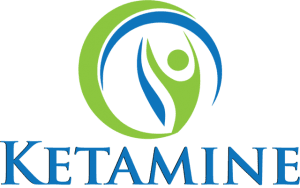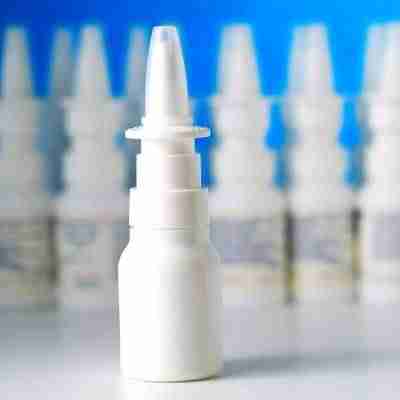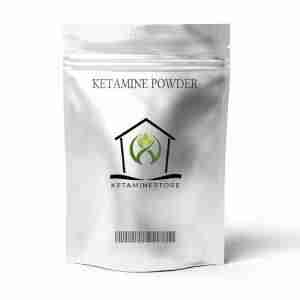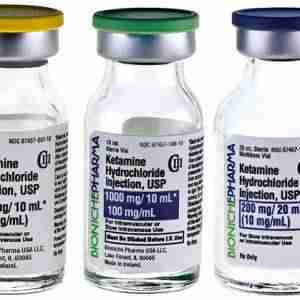Description
Buy ketamine Nasal Spray
Ketamine nasal spray the drug is a form of ketamine, a generic drug that’s been used as a form of anesthesia for many years, Dr. Anand says.
Ketamine has also been used for years in smaller doses in IV form for patients with treatment-resistant depression. But as a generic drug, it has not been put through the FDA’s review process for that use. Ketamine nasal spray
It’s actually a controlled substance (it is sometimes abused as a recreational drug — you may have heard it called Special K). Because of that, and because it can create feelings of dissociation and hallucination in people who take it, the new esketamine nasal spray will only be administered in a doctor’s office or hospital setting.
“It’s a slightly different form of ketamine and will be given as nasal puffs, but the effects are essentially the same,” Dr. Anand says.
A patient will go to their doctor once or twice a week to get nasal puffs of a dose of esketamine. Because they may experience disorientation or confusion immediately afterward, they will stay at the doctor’s office for two hours. They are also advised not to drive, operate machinery, or undertake a task that requires similar mental effort for the rest of the day.
Esketamine nasal spray appears both effective and fast-acting for treatment-resistant depression,
Why is Ketamine nasal spray promising
One potential benefit of the new drug is that it’s fast-acting. People may notice a relief in symptoms within just a few hours, and it could last for several days, Dr. Anand says. Most oral antidepressants, on the other hand, can take weeks to start working.
That’s because it works in a different way from other depression drugs. “Whereas most other available antidepressants work mainly on the serotonin, norepinephrine or dopamine systems, ketamine has major effects on glutamate, which is a different neurotransmitter that is much more prevalent in the brain,” Dr. Anand says.
Side Effects
Dizziness, dissociation, dysgeusia (change or distortion in sense of taste), vertigo, and nausea were the most common side effects of the drug. Most tended to occur shortly after dosing and cleared up within 90 minutes. However, the consensus of the study was that overall the drug was safe and tolerable.
An imperfect solution
Beyond potential side effects, ketamine does have additional drawbacks. Though it has been used safely as a short-term anesthetic and in lower doses as a short-term antidepressant, doctors don’t yet understand whether it’s safe and effective to use over many months or years.
“This drug affects a major neurochemical in the brain, and if you interfere with that long-term, we’re not sure what the effects of that are going to be,” Dr. Anand says. “It’s also a drug of addiction, and people can misuse it or overuse it.”
There’s also no guarantee that it will work in all groups of people with treatment-resistant depression. And, like other antidepressants, there’s always the chance that it could make symptoms worse.
Esketamine was studied in five clinical trials leading up to its approval. Only one short-term trial, and its follow-up, longer-term relapse prevention trial of patients who had benefited from ketamine, produced positive results that were statistically significant, Dr. Anand says. Another study focused solely on adults over age 65 and found that benefit of treatment with antidepressants plus ketamine in that group of patients did not reach statistical significance.







